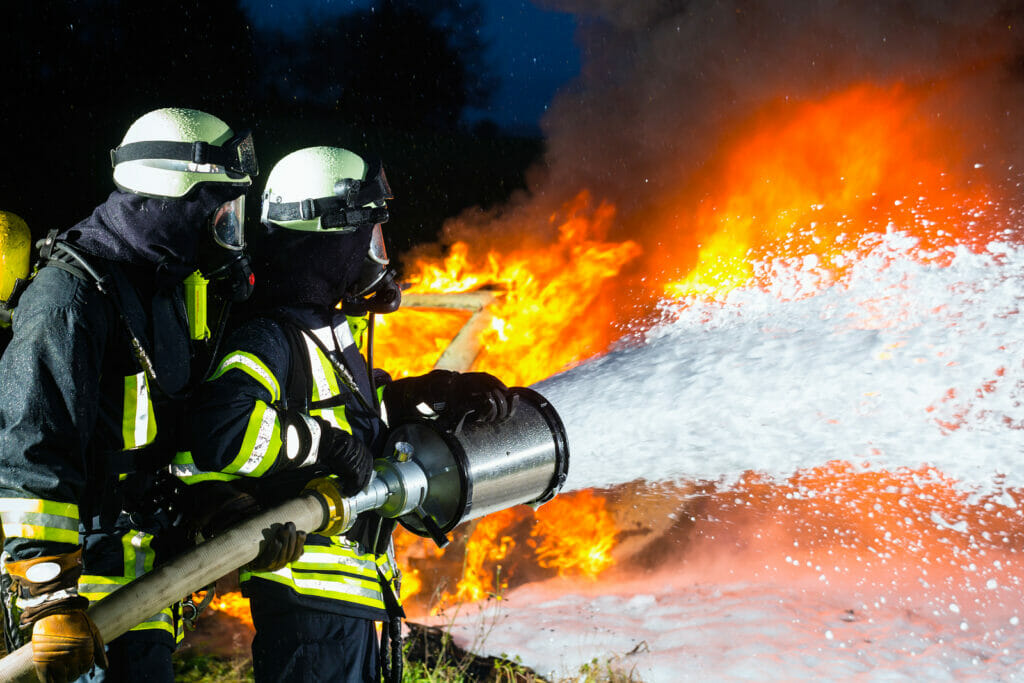
Between 2012 and 2016, fire incidents have caused 11,670 injuries and 2,560 deaths according to NFPA. Fire incident are very wide spread and can ignite if you’re not aware of your surroundings. Here are some steps you should consider to prevent fire incidents and how to carefully escape during a fire emergency.
- Be aware of your surroundings – Every time you step foot into another room, you should always make sure that everything is in place, turned off, and candles are blown. One area you should always keep an eye on is the kitchen. Cooking is one of the leading causes for a home fire. Always make sure the stove is off, equipment is unplugged, and kitchen is clean.
- Turn Off/Unplug electrical appliances – Before leaving the household, it should be second hand nature to check to see if there are any unplugged appliances. For example if an iron was accidentally left on, it could burn or cause an object to catch on fire. Also, if some appliances are left connected for too long, it could cause a power surge outburst. Always make sure to unplug and turn off ant appliances before you leave.
- Watch your kids – Never leave your child unattended. That should be common sense but at least 300 people are killed per year due to young children playing with fire according to American Red Cross. A great way to prevent your child from a starting a fire is to take them to your local fire department. It’s a fascinating opportunity to allow your child to greet and learn from the firefighters about fire safety.
- Lock up the pets – Animals left unattended could not ruin your couches, but could lead to a loss of your home. Every year, almost 1,000 houses are burnt down due to pet activity. Dogs and cats are prone to chewing electrical cords, knocking down candles, or electrical appliances. In order to prevent this from happening to you, buy a kennel or gate to keep your pet in one place until you get home.
- Candle care – According the NFPA, an estimated 8,200 homes were caught on fire by candles per year. Majority of candle fires occur in December between midnight and 6:00 am. Candles may give off a fresh aroma for your home, but if left unattended can give your house a fragrance of burnt wood. A substitute from candles could be a flameless candle as they use batteries and contain no wax, wick, or oil. However, before leaving the house, make sure to extinguish your candles.
- Fire alarms – It’s very important to check your fire alarm every six months and replacing the batteries frequently. If you were to purchase a new home, you should consider checking the condition, date, and battery life of the fire alarm. If you ever plan to upgrade from your old fire alarm to an advanced version. This is why it’s beneficial: 1) Battery life is significantly longer than older generations. 2) Fewer false alarms would occur. 3) An increase range for detection of smoke. 4) It will last for 10 years or more.
- Contact the fire department – When in doubt of an emergency, you can always call your local fire department. You should never take on a fire head on as you could spread the fire and harm yourself or others. You can also visit your local fire stations website to learn more on how to prevent and combat fire.
- Invest in a fire extinguisher – Once you’ve handled the smoke alarm, you should look into purchasing a fire extinguisher. It’s always best to avoid taking on a fire head on, but there are some cases to when you have no options but to deal with it yourself. A fire extinguisher is perfect for small fires and is a great substitute when you have no water nearby or hitting the fire with a rag. You can research to see which fire extinguisher is best suited for you and your home as some can cost as little as $10 or high as $50.
Protecting your house from a fire is no small task and you should always take serious consideration of the condition of your house before you leave. If you’re not observant of your home, then your wallet and living situation could turn into a tragedy in a blink of an eye.
Written by Julien Gonzalez



